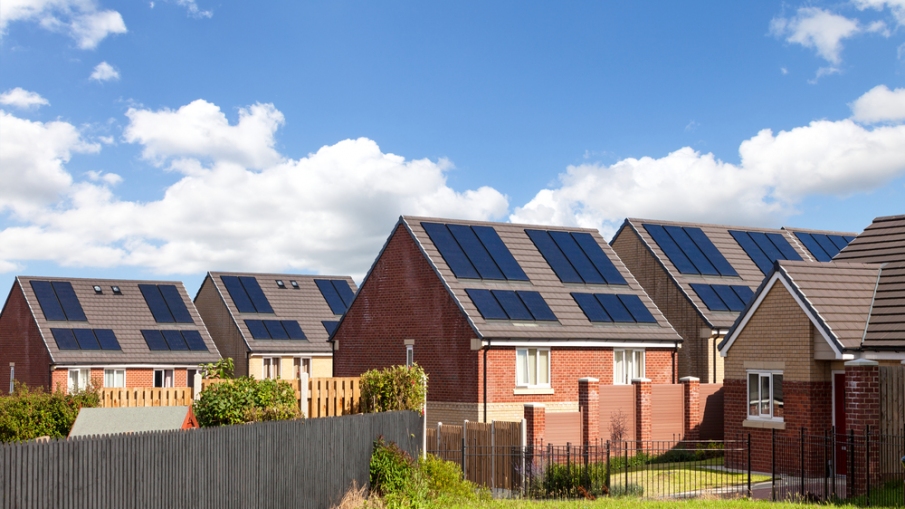With recent campaigns around the world over on green technology and, people are turning towards solar energy. The demand for solar panels is at a record high and this makes them more affordable than ever before. Panels are not produced the same and they exist in tiers of quality. There are many misconceptions about higher pricing equating to better quality, and that’s not always the case. In order to be cost and energy efficient, you have to budget while taking in account of the different kinds of panels along with long-term performance.
The following are some factors that you should consider when it is time for you to select the perfect solar panels for your home or business.
Nameplate Rating
A solar panel’s power output is represented by nameplate rating and this is measured in terms of the electricity produced in ideal conditions. The production of most of the panels ranges between 200 and 350-watts; the wattage is dependent on the quality and the size of the panel. The higher the power rating is, the more effective it is at producing energy. This is the expected output in perfect conditions, an estimate that your solar panel may not produce due to change of variables like sun exposure, which is affected by temperature and other atmospheric conditions. For example, there are often misconceptions about cloudy days preventing solar panels from functioning. While cloudy days may affect power production slightly, it does not inhibit the solar conversion as a whole. It still actively produces energy.
Power tolerance rating is also included in your solar panel nameplate rating. When you buy a solar panel, you should expect a variance of about -5%/+5%. To put this variance percentage to perspective, a 200-watt panel can produce a minimum of 195-watts to 205-watts.
Temperature Coefficient
While this may seem counter-intuitive, extreme heat causes the effectiveness of solar panels to decline and produce less efficiently. Maximum efficiency typically ranges between 15 °C and 35 °C (59°F to 95°F) and when it gets as hot as 65 °C (149 °F), the cell(s) will become less competent. When comparing panels, you should consider the panel’s temperature coefficient. Especially if you come from hot climates like Arizona or Southern California. With these temperatures, you should consider solar panels strong enough to withstand immense heat.
Efficiency Rating
Solar panel efficiency rating measures its competence in converting the sun’s energy into electricity. These are the kilowatts produced for each watt. Most of these panels have a rating ranging between 15% to 17%, but some can be as high as 22%. The photovoltaic production of electricity and the other 80% is lost as dissipated heat.
Panel Quality
Most panels will vary depending on cost, efficiency, and durability. The main determinants are the manufacturer, panel type and year of production. The most important thing is to get a professional panel installer who will guide you on the right choices to make. Thirty percent of the total cost of the system goes to the purchase of the panel and the rest goes to labor, permits, inspection and such. The price of the solar panel will greatly vary depending on the manufacturer, the region and the stipulations of your contract. When buying this, you should consider a solar system that will serve you effectively and efficiently for an extended period.
Low-end Panels
The price of a product or service is one of the sole determining factors for consumers and it comes into play with the solar energy industry. Aforementioned, panels vary by manufacturers and they are categorized in tiers: Tier 1 panels manufactured by large companies while Tier 2-3 are produced by smaller companies. Tier 1 panels are recommended and marketed as superior alternatives, but it doesn’t necessarily mean you must invest in these panels just because they are backed by larger companies. “Low-end” panels are not necessarily less effective than those of “high-end” panels; proper research and cross-comparison of the divergent tiers, you will be able to conclude which panel to purchase to fit your needs at home or at your business.


Leave a Reply